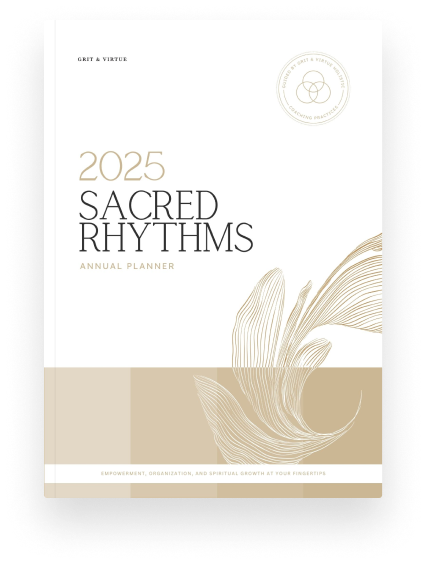In some professions, tracking time is the expected norm. Trust lawyers like me, who are stuck to the idea of the billable hour, to perpetuate the practice of painstakingly tracking and categorizing every minute of every workday. We sort billable and non-billable time alike, and we generally have a very clear picture of where our time goes. While some complain about being required to practice time tracking, I have developed an appreciation for it as a new business owner who has struck out on my own. I think all workers should adopt the practice to whichever degree adds value to their own business.
‘Time tracking’ is generally quite detailed. For me, it means a minute-by-minute log of my time spent at work. If time is spent on a client file, it is logged to that file with a brief description of the work performed. If time is spent on administrative work, it is categorized by type (e.g. correspondence, marketing, billing/accounting, etc.) and a brief description is provided. There are applications to assist with time tracking, but it can also be performed manually in a spreadsheet or log. The main advantage to using an application as opposed to a manual log is the greater availability of automated reports and statistics.
Regardless of whether you bill your clients using a time-spent method, here are a few of the many reasons why time tracking might be helpful to all workers:
-
Awareness
Time tracking is valuable because it helps us to be more aware of our time and work habits. We all know the regret of not knowing where our day has gone.
We can sometimes find ourselves flickering between multiple tasks and calls for our attention. Time tracking helps combat this phenomenon. I am not as tempted by email notifications when I am in the middle of a focused writing session because I am aware that it makes time tracking easier if I do not oscillate between tasks. I can check all my new emails at the end of the writing session. Without both the awareness that the timer is running in the background and the dreaded headache of logging smaller time increments, I would be more likely to give into the temptation to have my attention and time diverted immediately.
In another way, we are made generally more aware of how we spend time at work. Time tracking provides historic data on how our time was spent. When we set goals, we can back them up by meeting time targets that demonstrate we have allocated effort to reaching those goals. For instance, we cannot deceive ourselves by merely ‘feeling’ that we spent enough time on marketing efforts when the data shows we spent very little time in that department – it’s no wonder if we did not progress in our reach! At the end of the day, week, and year, we know where our time went, and we can reflect on whether we want to keep spending our time in a similar manner.
-
Justification
Building on the idea of awareness, timekeeping is simply a good way to protect yourself and your business.
If you are an employee and your employer wonders why a project is taking you so long, you can have a detailed discussion about all the time and effort you have put into the project. This might lead to your employer adopting your perspective and becoming more understanding of reality, or it might lead to a constructive mentoring conversation on how to spend your time completing a similar project in the future. As an employee, time data might also help you to make a case for your efficiency. You are able to say, with confidence and evidence, that you “complete X type of project within the time of Y.” If this is faster than average, great! You can demonstrate your profitability to your employer with hard numbers.
For service-based business owners, the justification that time tracking provides can be of even greater benefit. Even when you are not billing based on time spent, time logs can help you show you are entitled to payment. Do you have a disgruntled client who does not understand the effort behind the services you just provided them with? Your detailed time logs can be a valuable tool in a conversation with them about the amount of effort and attention their project really received, which might lead to a greater appreciation for your work, if approached tactfully.
-
Efficiency
Time tracking can also help promote business efficiency. Reviewing time data can help you reflect on whether you will choose to make changes to how you spend your time.
For professional service providers with a time-billable skill set, data can help bring focus to how much time is actually spent on non-billable administrative work. If there was enough non-billable work performed, you may wish to hire an administrative professional or outsource certain tasks. Managers and individual employees can diagnose whether employees are spending their time in a way that aligns with their job description and skill set. There are myriad ways to find efficiencies using time data.
While many professionals are not required to track their time beyond the general number of hours worked, there are many benefits to tracking time in detail. Large organizations aside, even individual employees and solopreneurs may experience advantages with the added personal accountability that time tracking provides. So, why not give it a try?
Do you have experience with time tracking?
How might adding a time tracking system to your business arsenal help you in your professional journey?
Enjoyed it? Share it!
Kathleen Pinno
Kathleen Pinno is a Canadian freelance lawyer who provides research and writing assistance to other lawyers. She is a prairie-born woman who has turned coastal, and she greatly enjoys her new surroundings. She loves the outdoors, honing her business skills, and accepting any new adventure that God throws her way.
But wait, there's more...


















